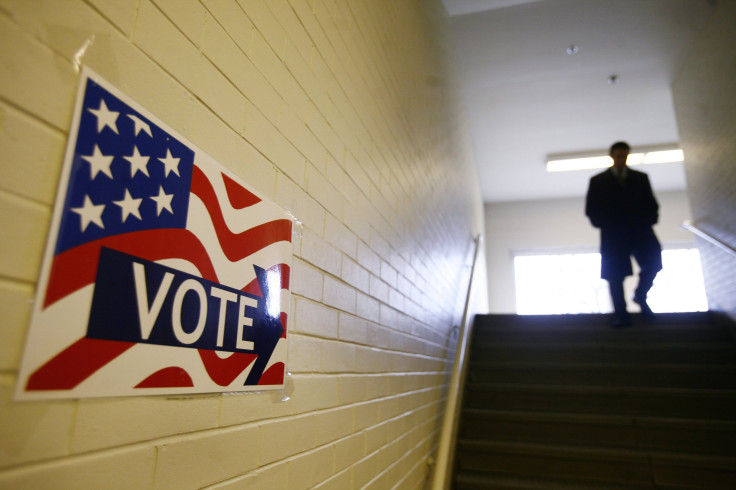Election 2016: GOP Candidates Court Mega-Donors

WASHINGTON -- Wisconsin Gov. Scott Walker may have a pair of political heavyweights in his corner for his likely 2016 presidential bid, prolific conservative donors Charles and David Koch, aka the Koch Brothers. Having a backer who is willing to write multimillion-dollar checks is key to running an underdog campaign in the modern election environment.
It’s the B-list candidates who will be most aggressively courting large-dollar donors. Lesser known candidates can last longer in the competition if they can spend less time fundraising and more energy knocking on doors in Iowa and New Hampshire. The large field of GOP hopefuls will need to compete with Jeb Bush, who is unlikely to depend on a single donor and instead benefit from the wide network that supported his brother and father.
“It can certainly level the playing field a bit and keep the political establishment in either party from dominating the process like they used to,” Republican strategist Keith Appell said. “Money can't buy you love but it can buy you a seat at the table and enough chips to stay in the game for the long haul."
The Citizens United decision by the Supreme Court, which opened the political landscape to the super PAC, has made it possible for these mega-donors to keep campaigns afloat. Federal campaign regulations allow a candidate to accept only $2,600 from a single donor. But a super PAC can accept unlimited funds from a single supporter, and while it can’t coordinate with the candidate, it can spend on advertising and ground-level support that keeps a campaign alive.
For the first time in 2016, Democrats could also find themselves jockeying for large-dollar donors. As the clear frontrunner, Hillary Clinton is working to lock up the potential money for the primary process. But if former Maryland Gov. Martin O’Malley, Vermont Sen. Bernie Sanders, former New Hampshire Gov. Lincoln Chafee or former Virginia Sen. Jim Webb are able to secure a few of the left’s wealthy donors, they could find themselves able to compete with Clinton over the long haul.
Republicans have already had a cycle to discover what big-dollar donors can do to keep a single campaign afloat. Former Speaker Newt Gingrich was able to keep his campaign afloat for months longer than it should have been thanks to money from casino magnate Sheldon Adelson. In 2012, Adelson spent $96 million on Republican candidates. And Adelson still hasn’t picked a favorite for 2016 -- despite an aggressive campaign effort by presidential hopefuls. A meeting of the Republican Jewish Coalition in March in Las Vegas served as an audition opportunity for those courting Adelson and was attended by several Republican hopefuls.
Walker will be hoping the Kochs lend some of their political network -- as well as the $889 million their organizations are slated to spend next year -- to his effort. The Koch brothers aren’t without options. Sens. Rand Paul and Ted Cruz plus New Jersey Gov. Chris Christie have all sought to woo the brothers -- who made their billions through a series of business ventures including several energy-related operations. The Kochs held an event in Palm Springs, California, earlier this year for Republican candidates that attracted Walker, Paul, Cruz and Florida Sen. Marco Rubio.
Some of the candidates have already locked up well-financed donors. Norman Braman, a billionaire Florida auto dealer, is backing Rubio. Braman is considering spending more than $10 million on Rubio’s campaign effort.
Christie is expected to enjoy the support of billionaire Ken Langone, co-founder of Home Depot. Langone courted Christie to run for president in 2012, lining up a series of serious donors to try to woo Christie to make a late campaign entry as Republicans wavered on Mitt Romney.
Former Pennsylvania Sen. Rick Santorum ran his shoestring campaign largely from big donations from businessman Foster Friess -- who is set to help buoy his campaign again in 2016. Santorum’s insurgent win in Iowa was largely thanks to his ability to spend weeks shaking hands and visiting all of the state’s 99 counties. That strategy would have been nearly impossible without Friess’ support. And while he struggled in his attempt to unsuccessfully unseat Romney as the frontrunner, it was Friess’ support that kept him in the race.
© Copyright IBTimes 2024. All rights reserved.












